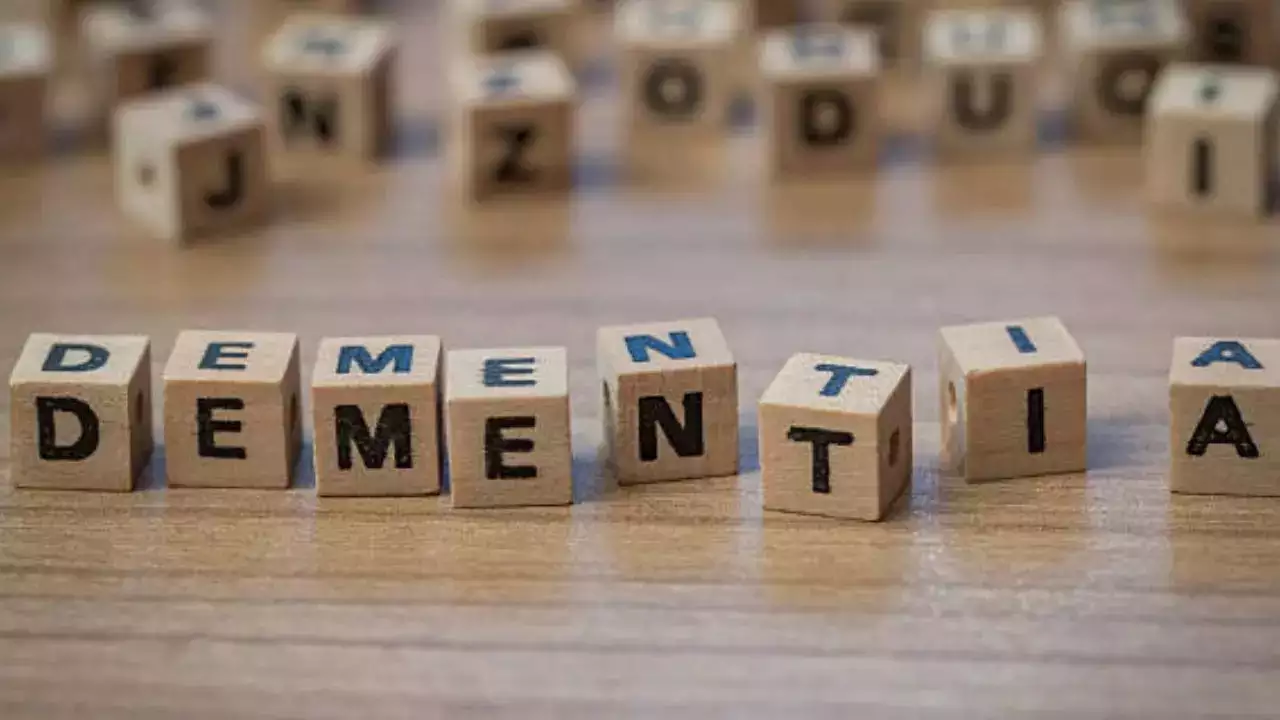
Symptoms of dementia in the early stages can be subtle but over time they become more visible and start interfering with a person’s daily life
At present, more than 55 million people across the world have dementia—a condition that slowly destroys nerve cells and damages the brain, typically leading to deterioration in cognitive function.
According to statistics, over 60 per cent of those affected by the condition live in low- and middle-income countries, with 10 million new cases added to the list every year. Doctors say dementia is one of the major causes of disability and dependency among older people worldwide.
Experts believe that the crisis will only worsen because of the ageing population unless preventive measures are taken. While dementia cannot be treated, early signs and symptoms should be taken care of so that they can be managed effectively.
Hidden early signs of dementia
Doctors say symptoms of dementia in the early stages of the disease can be subtle at first. But over time they become more visible and start interfering with a person’s daily life. You may become aware of your loved one having the disease by subtle changes to their behaviour; a few of these signs are:
Giving out money
While elderly people are at high risk of being scammed, giving out money could also be an early sign of Alzheimer’s disease, the most common form of dementia.
Studies say those at a higher risk of developing the condition would hand it over to the person they had just met, which means they are vulnerable.
Changes in sense of humour
According to the University College, London, a visible change to your sense of humour can mean you are at risk of impending dementia. Researchers say those who enjoy slapstick over more complicated forms of comedy are more prone to degenerative disease.
Alzheimer's patients also prefer slapstick jokes around nine years before the start of typical dementia symptoms.
Dressing shabbily
Those at high risk for dementia and Alzheimer’s would always have a big struggle while trying to get ready and change clothes. According to doctors, most would choose clothes that do not pair with each other or not wear weather-appropriate things.
Scientists also say that Alzheimer's patients start dressing differently from how they used to dress earlier.
Affected motor skills
One of the early signs of dementia includes a stark effect on people’s motor skills as the patient’s driving skills begin to get worse. While most are not able to apply brakes, some get bad at even parking their vehicles.
Talking inappropriately
One of the main early signs of dementia is talking inappropriately and speaking without a filter, as mostly brain fog begins to set in and everything becomes hazy.
Doctors say it happens because the part of the brain that controls the internal filter, the frontal prefrontal cortex, shrinks with age. This means patients can say or do outlandishly inappropriate things without realizing they are wrong.
How to lower dementia risk?
Doctors say to lower the risk of dementia, which mostly affects men and women starting at 65 years of age, they must make a few changes to their lifestyle, which include:
- Exercise regularly to boost heart health and blood circulation
- Stop drinking alcohol
- Quit smoking as it pauses blood circulation around the body, particularly the blood vessels in the brain
- Engage socially with family and friends
- Manage health conditions like high blood pressure, high cholesterol, or diabetes, which increase the risk of getting dementia
- Protect your eyesight and hearing, as vision loss increases a person’s risk of developing dementia.
Get Latest News Live on Times Now along with Breaking News and Top Headlines from Health and around the world.
